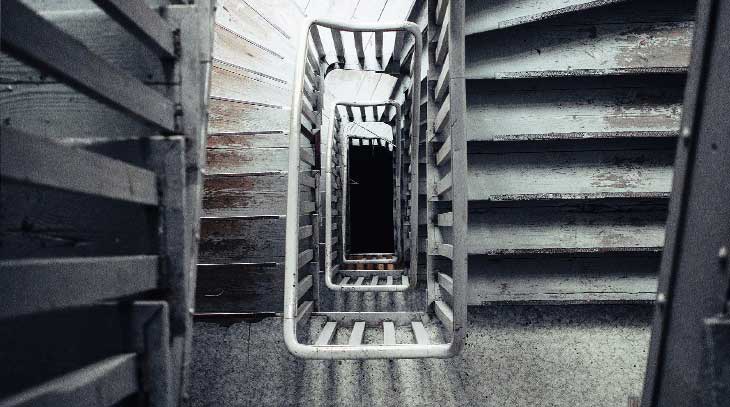When I sat down to start The Chemistry of Death, my first novel to feature British forensic anthropologist David Hunter, it wasn’t with the intention of writing a series. Back then my main concern was writing a good, scary thriller that people would enjoy, and that had a decent chance of attracting a publisher. I didn’t give much thought to anything beyond that.
It was only later, when I realised there was enthusiasm for more books about the same character, that I began to think seriously about a sequel. Sequels, in fact. Of course, that’s a fantastic position for a writer to find themselves in. At the same time, it’s a very different situation to writing a stand-alone novel, where the story and characters conclude on the final page.
‘You’ve already got the main character, all you have to do is write another story about him,’ a friend of mine commented when I was worrying over the follow-up. ‘How hard can it be?’ Fair point. But just because you’ve managed to bottle lightning once doesn’t mean it’s easy to do again. In fact, thinking that way is a good way of falling flat on your face.
One of the difficulties of any series is retaining those elements that made the first book a success, while still keeping the stories and characters fresh. And the longer the series goes on, the harder it is to prevent the laws of diminishing returns from creeping in. That killer plot twist you dreamed up in book two, for instance, might have had you punching the air at the time. But how do you top it in book three? Let alone books four or five?
The answer is that you probably can’t. At least not in the same way, and it would be a mistake to try. If each book in a series follows exactly the same formula, then you’ll quickly become bored by writing it. And if that happens it’s a safe bet your readers will feel the same way.
Every author has their own way of dealing with this. Mine was to take my lead from real-life forensic anthropologists; specialists in badly decomposed or damaged human remains, who are called out to crime scenes across the UK. It allows me to place David Hunter in a different location for each novel, with a mostly new set of characters to interact with. That gives the individual books their own distinct identity, and helps keeps the series from becoming stale. For me as well as – I hope – the reader.
Of course, it can also bring its own set of problems, not least a sense of having the re-invent the wheel from scratch each time. But no one ever said writing was easy. That much holds true whether it’s a series or a stand-alone you’re writing.
First appeared on cleopatralovesbooks.worpress.com


